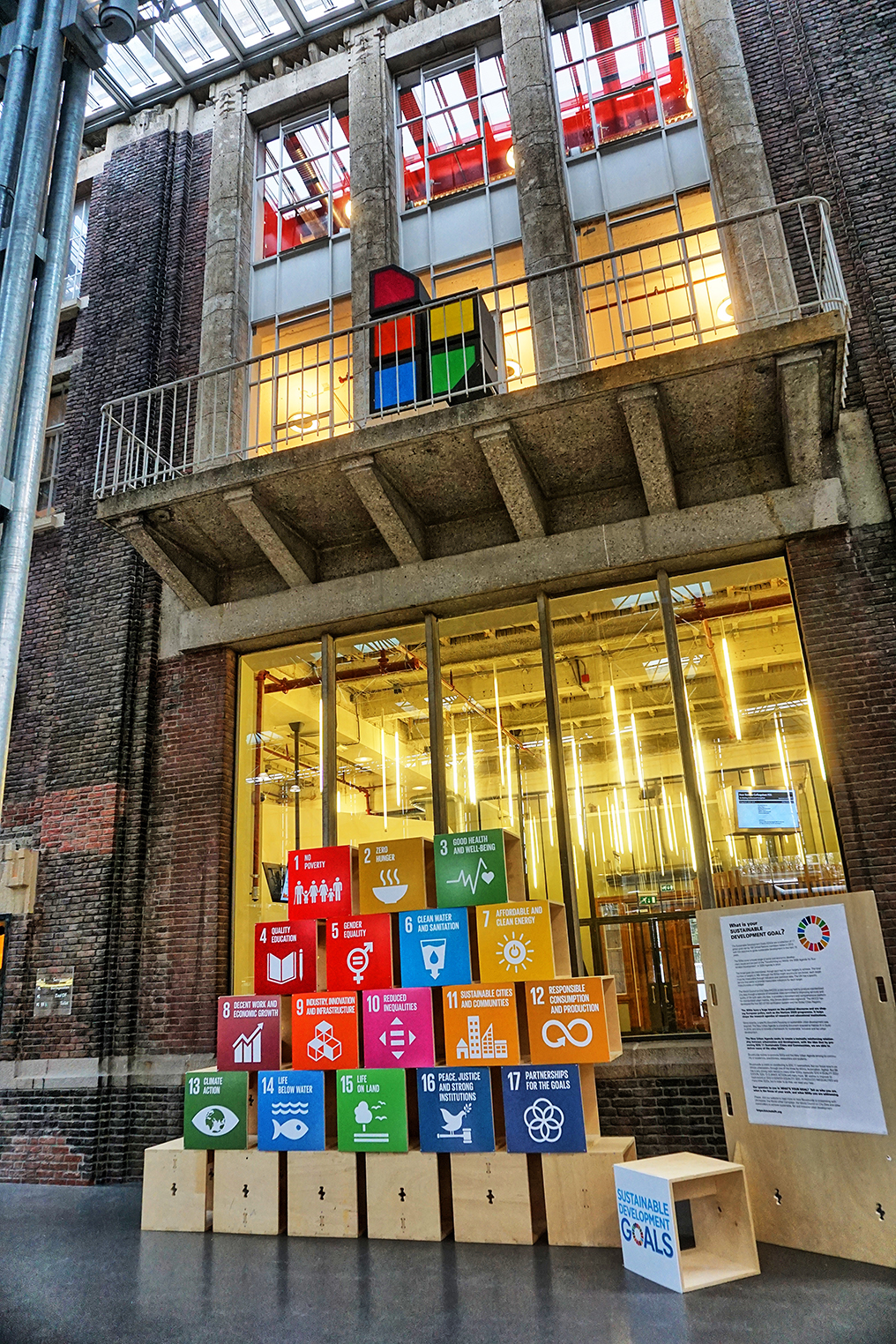![CI_Screen Announcement[1]](https://confrontinginformality.org/wp-content/uploads/2018/06/ci_screen-announcement1.jpg) The Confronting Informality Symposium is a student-led event sponsored by the Chair of Spatial Planning & Strategy at the Department of Urbanism, TU Delft University of Technology.
The Confronting Informality Symposium is a student-led event sponsored by the Chair of Spatial Planning & Strategy at the Department of Urbanism, TU Delft University of Technology.
The symposium happens once a year and gathers experts, policy-makers, practitioners and others to discuss informal urbanisation, its political, economic and environmental implications and the tools to tackle it.
The last symposium took place on June 07th 2018.
The symposium, which had five editions, is a result of the faculty’s and its students’ awareness of the impacts of informal urbanisation in issues of social, economic and environmental sustainability and spatial justice in cities today.
By informal urbanisation we mean the informal unregulated spontaneous processes of urbanisation that happen mostly (but not only) in countries of the Global South resulting from economic and social exclusion of groups or communities.
We do not dispute the many positive aspects of informal urbanisation: it is a gateway to the city, it is a force from grassroots and it is able to create strong communities and provide families with livelihoods. The entrepreneurship of people in informal settlements is remarkable and many informal settlements around the world are the source of employment, culture and hope.s
However, we wish to dispel any doubt that informal urbanisation has several drawbacks. In the way it happens in most countries, informal urbanisation is unsustainable in the long run. More often than not, it has not been able to provide most households with a decent living environment. Many informal settlements around the world face unimaginable environmental, social and economic challenges.
Improvement only happens when there is concerted collective action between the public sector, the private sector and civil society (not least, citizens themselves) in order to deliver improvements to informal communities in the form of better housing, services, sanitation, infrastructure, public space and so on.
Spatial planning and design are sadly failing to deliver sustainable solutions that address the needs and wishes of citizens living in informal settlements.
We recognise the importance of understanding the processes behind informal urbanisation, as well as its relationships with other issues such as poverty, gender discrimination, social segregation and economic inequality.
According to the United Nations 1.5 billion people live in informal or precarious employment (UNDP, 2014) and fifty-five million slum units have been created worldwide since the year of 2000 (UN-Habitat, 2015).
The goal of the Confronting Informality Symposium is to shed light on informal urbanisation, its drivers and impacts, and to discuss the planning and design instruments used around the world to tackle it and to deliver healthy, safe, inclusive neighbourhoods and communities.

The ultimate objective is to establish a platform to debate informality and its challenges for spatial planning and urban design. We invite scholars and practitioners to partner up with us to do research on the topics above.
In 2018, there was an ideas competition that aims to foster debate but also look for practical ideas and solutions for the creation of public goods in informal settlements, while keeping identity and livelihoods of the community.


![confronting [in]formality](https://confrontinginformality.org/wp-content/uploads/2018/03/cropped-ci_headerv3.jpg)